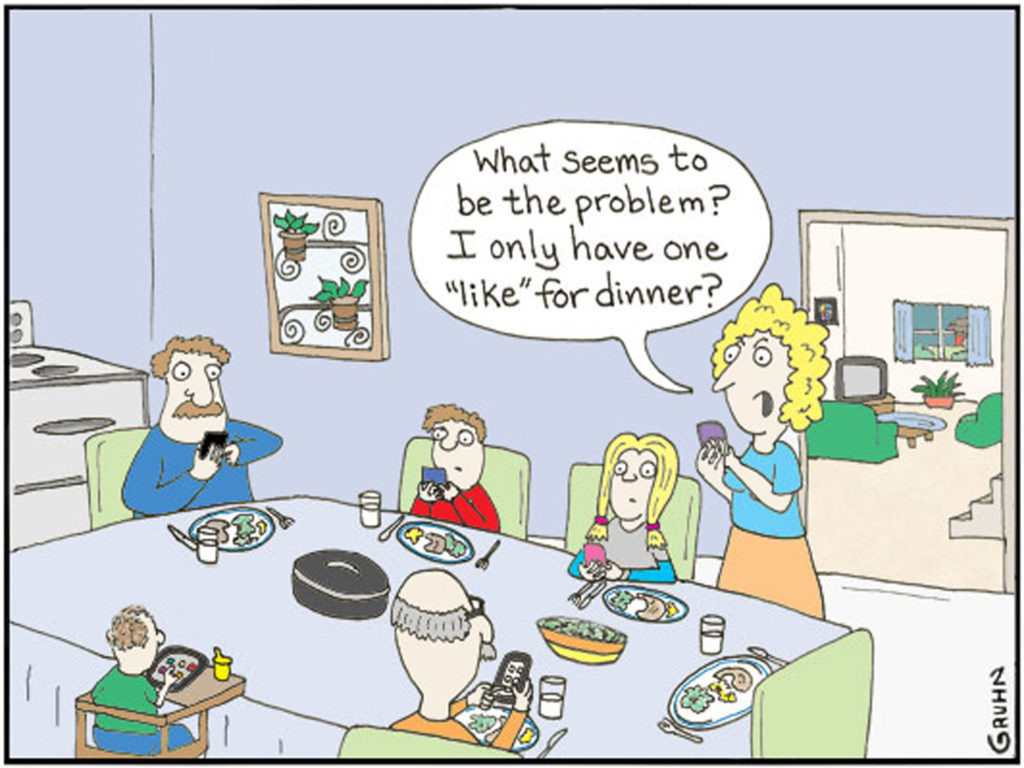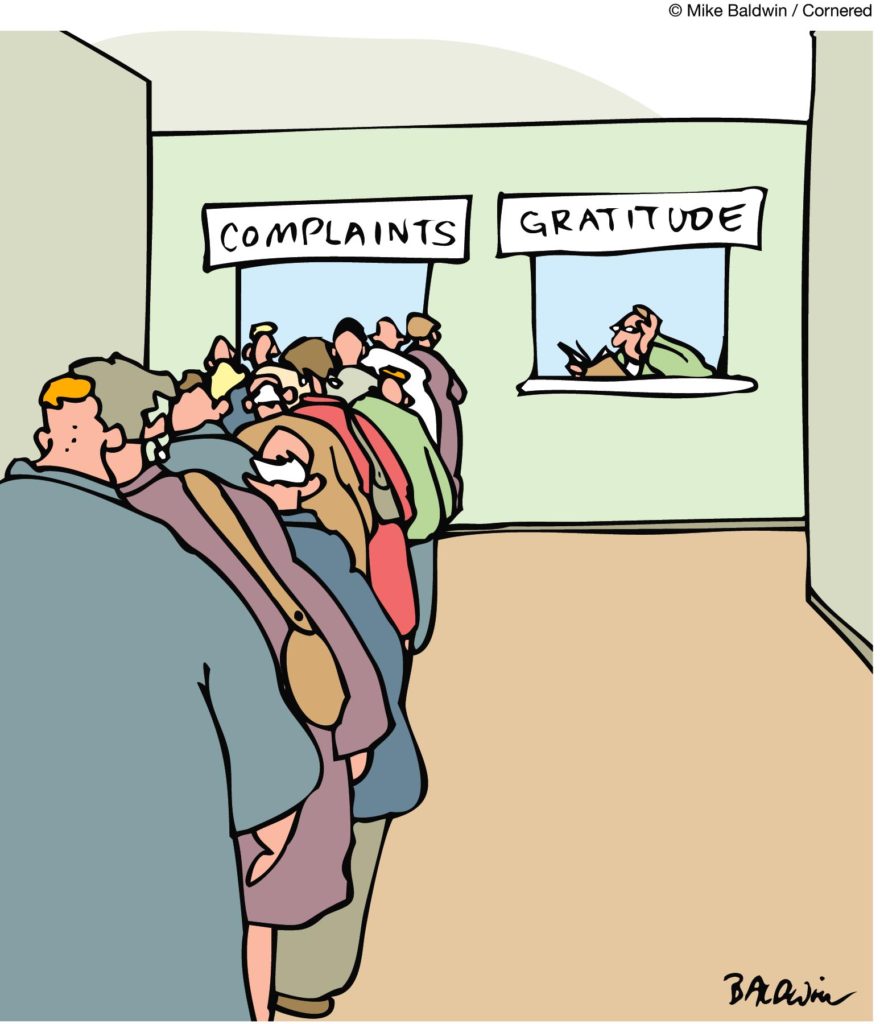 Sobremesa – (n) the time spent around the table after lunch or dinner, talking to the people you shared the meal with; time to digest and savor both food and friendship.
Sobremesa – (n) the time spent around the table after lunch or dinner, talking to the people you shared the meal with; time to digest and savor both food and friendship.
There is something profoundly satisfying about sharing a meal with other people. Eating together is one of the oldest and most fundamental unifying human experiences. It can simultaneously fulfill physical, emotional, and relational needs.
It will help establish and deepen friendships
If I share my food with you it’s either because I love you a lot, or because it fell on the floor and I don’t want it. (That’s a joke.) Truly, I can’t think of another setting that’s better for solidifying friendships than gathering to eat. It slows down our pace, narrows our space, focuses our attention, and creates a relaxing ambience—all of which are beneficial for deepening friendships.
It’s good for business
Since humans first walked the earth, we’ve known that sharing a meal can be good for business. For instance, a recent study revealed that it doesn’t take much to get a doctor to prescribe a brandname medication—just a free meal. The study found that U.S. doctors who received a single free meal from a drug company were more likely to prescribe the drug than doctors who received no such meals. Meals paid for by drug companies cost less than $20 on average [Even Cheap Meals Influence Doctors’ Drug Prescriptions, Study Suggests, Peter Loftus, WSJ, June 20, 2016].
I’ve never understood why some organizations are so stingy with the amount of funds allocated for business meals. I once worked with a group of six senior executives at a $75 million dollar a year business. They were frustrated that the CEO, in order to save money, eliminated their budget for business meals, which saved the company a whopping $24k a year. I suspect that poor decision cost the company ten times that much in lost revenue.
It engenders good will
Treat someone to a $15 lunch and they’ll be your friend forever. Well, that’s an exaggeration; but it is true that even a small amount of money and time will generate a lot of relational capital.
A weekly family meal can become a wonderful family tradition
I enjoy watching the sitcom, Bluebloods (on CBS). It follows the lives of three generations of New York City police officers. In every episode, there’s a scene showing their weekly, Sunday afternoon family meal in which they gather around the dinner table to talk, argue, laugh, and pass the potatoes. Every family would benefit from this tradition. [Note to my family: Are you reading this post?]
I double-dog-dare you: initiate and host meals and enjoy the sobremesa.
[reminder]What are your thoughts about this essay?[/reminder]

 Thanksgiving is a natural response to life and may be the only way to savor it. Douglas Abrams
Thanksgiving is a natural response to life and may be the only way to savor it. Douglas Abrams Few people think more than two or three times a year. I have made an international reputation for myself by thinking once or twice a week. George Bernard Shaw
Few people think more than two or three times a year. I have made an international reputation for myself by thinking once or twice a week. George Bernard Shaw She’s the bride at every wedding and the corpse at every funeral.
She’s the bride at every wedding and the corpse at every funeral.